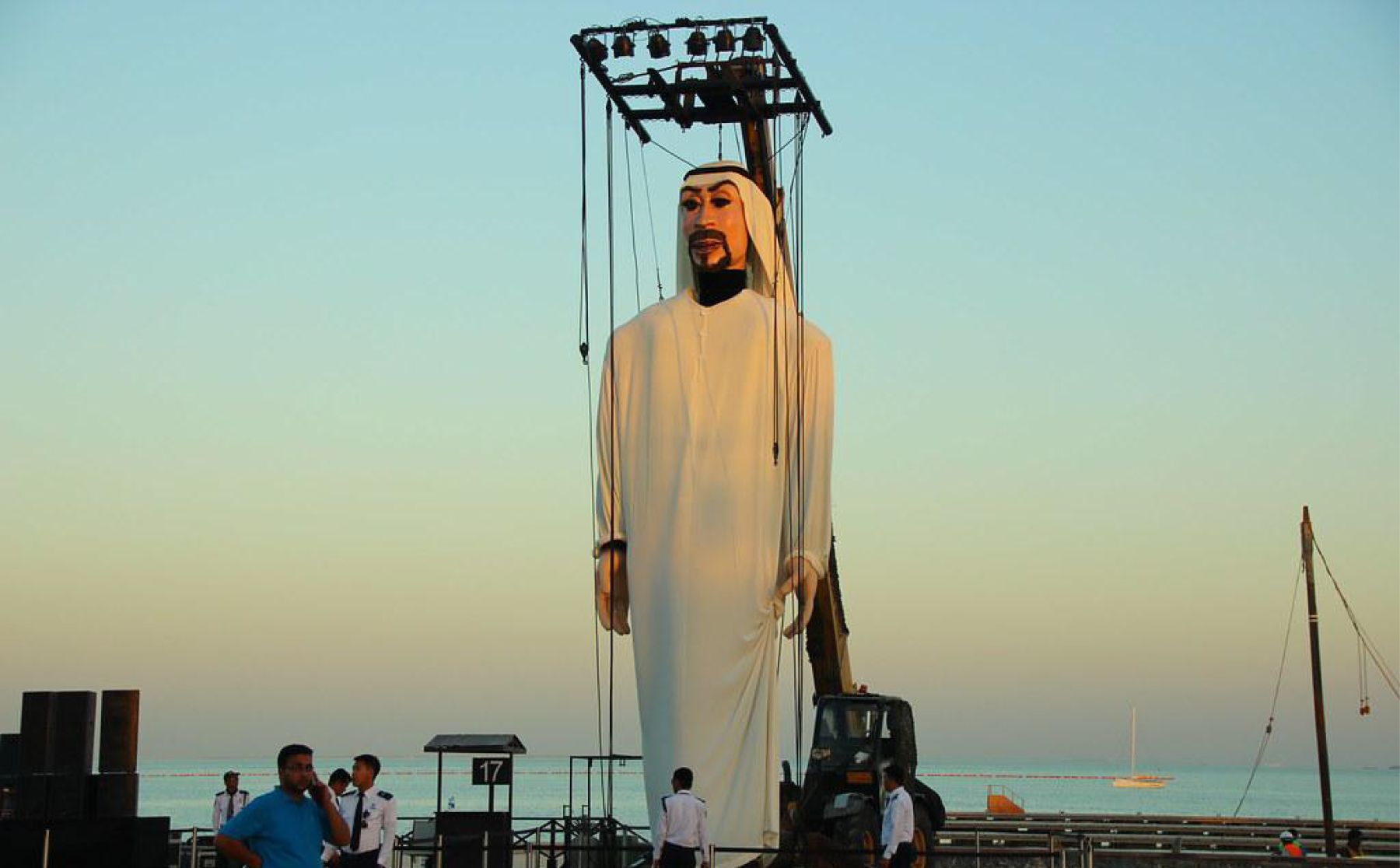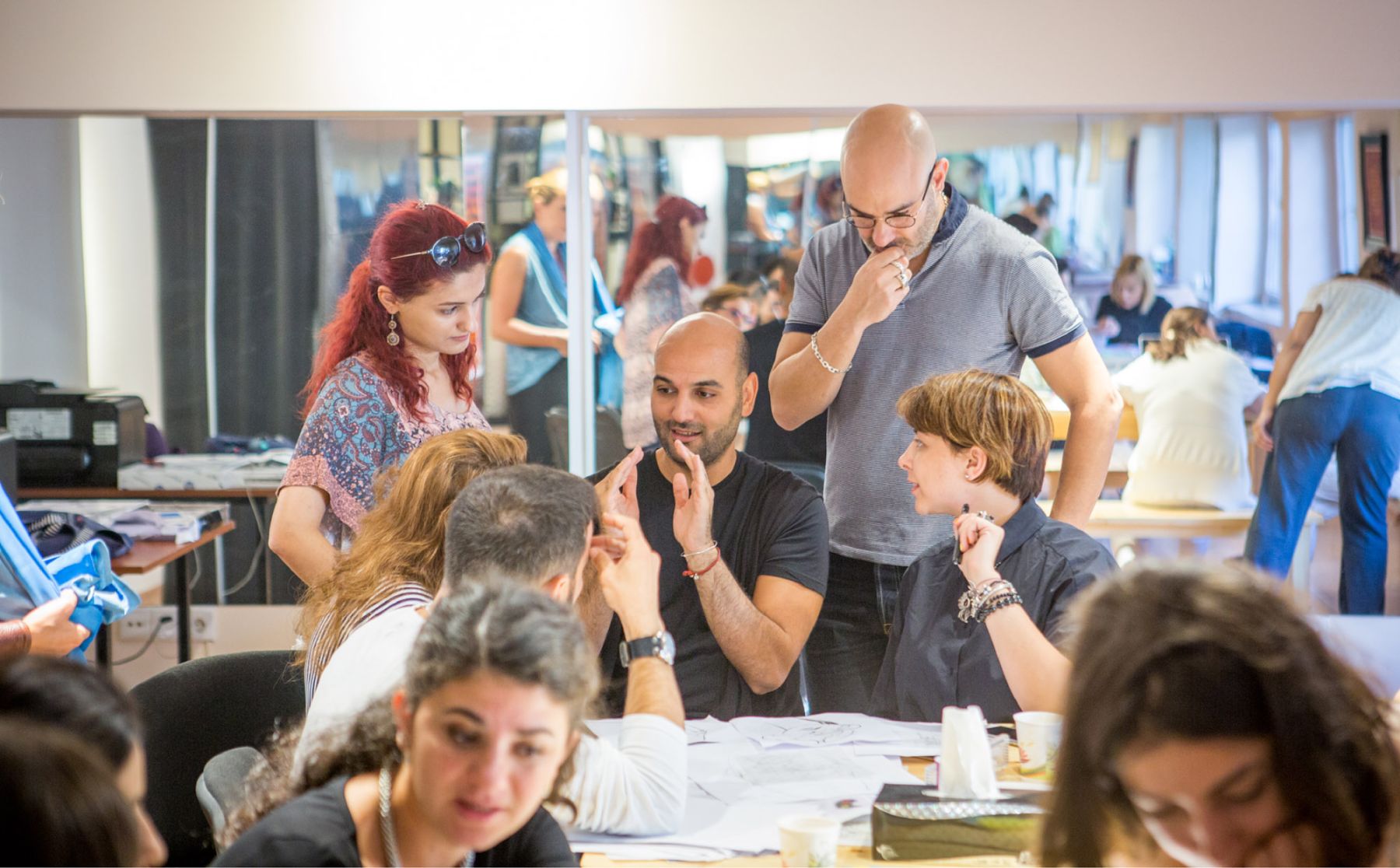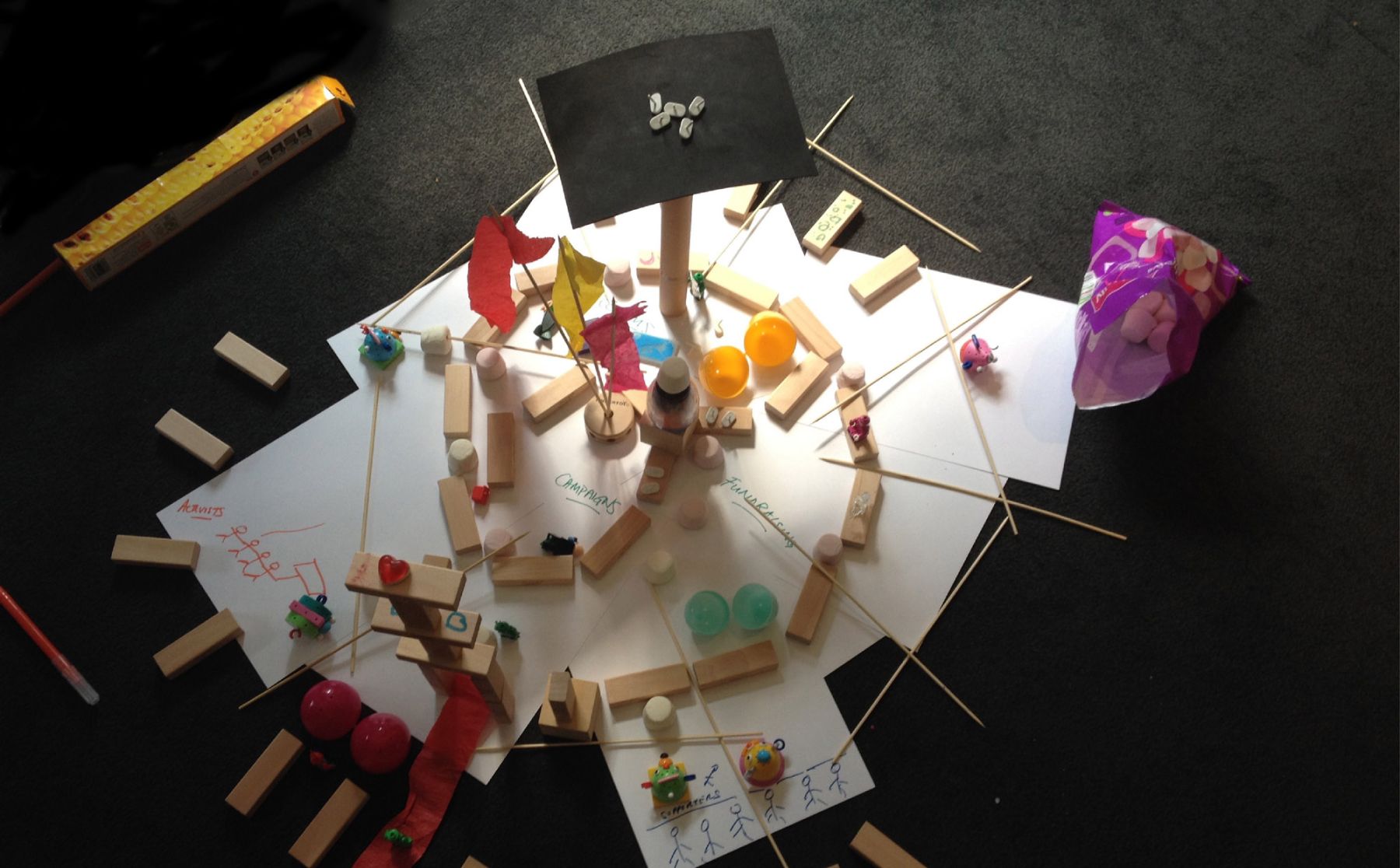The Inspiration of the Arabic Language
The revolutionary Nelson Mandela once said, “If you talk to a man in a language he understands, that goes to his head. If you talk to him in his own language, it goes to his heart.” Mandela strongly believed in the power of language to communicate different things. Language is defined as a way that a certain group of people communicate, whether it be by symbols, the use of sounds to create words and so on. Language carries a sense of home, belonging, and comfort to the individuals who come from a certain area or region. Language shapes the way an entire people think and behave, and most importantly it is a path to understanding a nation’s culture.
Language gives us a way to connect to one another by the use of familiar words and dialect, and giving us a connection to our origins and helping us form and grow communities. The Arabic language—also known as ‘the language of the Holy Qur’an’—has one of the richest historic evolutions. It originated as a Semitic language almost 1,500 years ago—the Semitic languages are those derived from the Middle East cross much or Western Asia and North Africa; such languages include Arabic, Hebrew, Amharic, and others. Interestingly, the derivation of the word ‘Arabic’ originated from old Semitic meaning ‘nomadic’ by Bedouin Arab tribes, who settled from one place to another. Arabic shares lexical similarities to Persian, Hindu, and Hebrew; and it has also strongly influenced the Spanish language as a result of the Islamic Arabs and the Moors invasion of the Iberian Peninsula (Andorra, Portugal, Spain, and British Crown colony of Gibraltar) in 711 AD.
Arabic is a linguistic enigma to non-speakers, but to bilinguals and those on pursuit to learn it have expressed admiration for the language. Non-native speakers have posted their progressive journey learning the language on social media platforms, such as YouTube. Some have inherited words like ‘inshaAllah’ into their everyday vocabulary and have shown gratitude towards it since most languages do not carry a word with such a profound meaning.
Today, there are over six thousand languages around the globe, and the Arabic language ranks as the fifth most spoken language in the world, being the native language of 25 countries, and worldly known as one of the most poetic and beautiful. With a handful of dialects, a historical evolution, and right to left script, Arabic is one of the most admired languages to learn.








